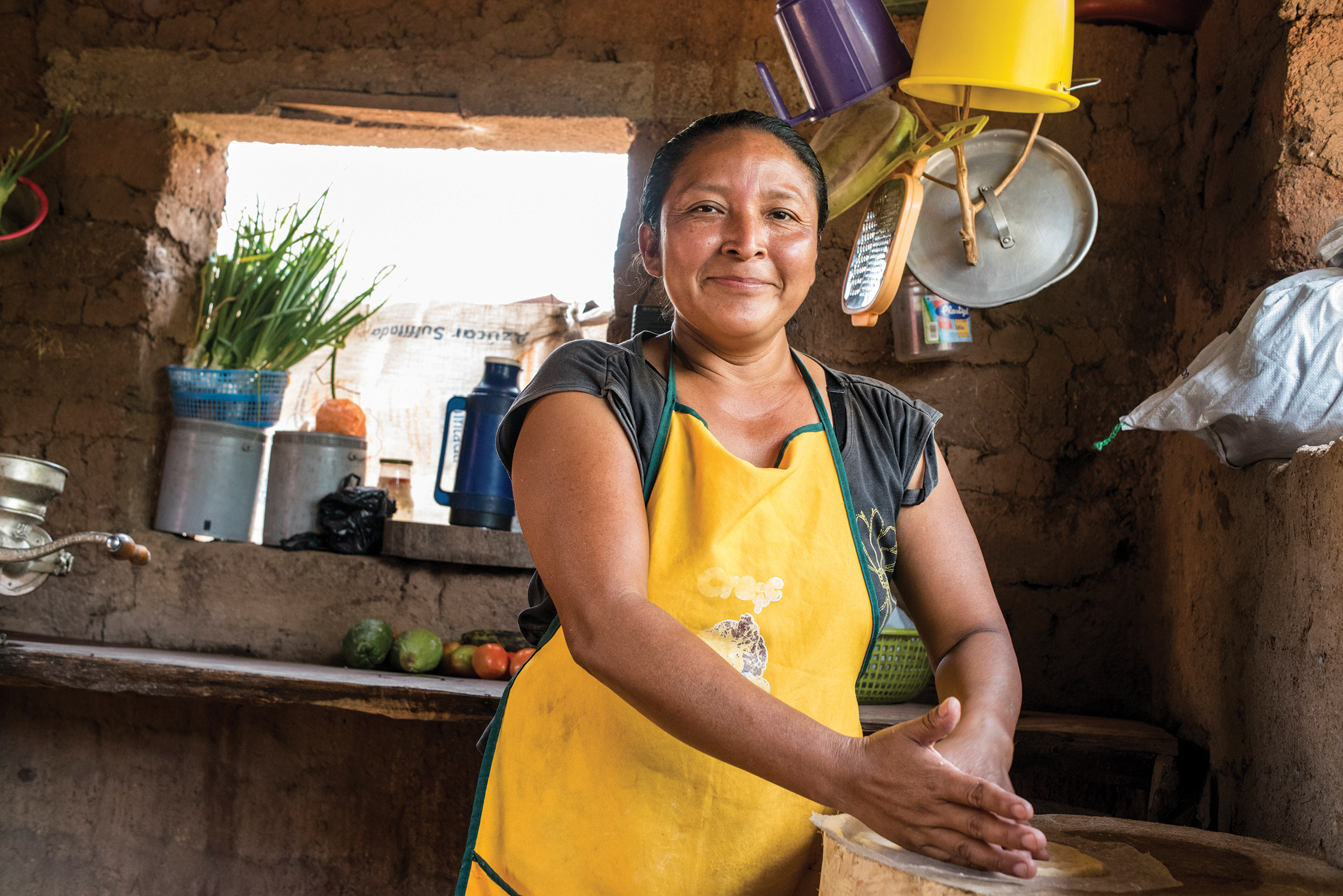Opening Doors to Eco-tourism, Income and Lasting Change
Story

The first families who settled in the remote, forested area of San José de Palmira in Nicaragua had no means to build a secure life—no homes, no industry, and no income. They created makeshift shelters out of plastic tarps, and relied on monthly deliveries of rice and beans from the government.
But the tide began to turn when a local NGO helped these families build their own homes. Each house was constructed with sturdy materials, and an extra room to host tourists. With their new homes, the people of Palmira had the chance to earn income through eco-tourism. Finally, they saw a path out of poverty, towards prosperity. But they needed help getting their eco-tourism initiative off the ground.
That help arrived when Cuso International sent Jennifer Ford to volunteer in Palmira. Using her degree in eco-tourism, she could work with community leaders to develop a concrete plan that would bring tourists into the community. But before developing a plan, Jennifer built close relationships with the community members and listened to their own ideas and goals.
Jennifer began spending her mornings sipping coffee and eating freshly made tortillas with local women like Xiomara and Yesenia. They’d chat about their day-to-day lives, their kids, and their dreams for the future. Jennifer earned their friendship and trust—a crucial step in achieving community-driven change.
“In order to build sustainable livelihoods, change must be initiated by the community, for the community,” Jennifer said.
After establishing herself as a respected friend and advisor in Palmira, Jennifer organized workshops on topics like responsible tourism, customer service, and basic accounting. She laid a solid foundation for community members to build on with the support of future Cuso International volunteers.
“I can’t wait for the day when Palmira becomes a thriving eco-tourist destination, and its families work together to welcome people and prosperity into their homes and lives,” Jennifer said.
By earning an income through tourism, women and men in Palmira will no longer have to rely on deliveries of rice and beans from the government each month. They can become self-sufficient, and build a stronger community for themselves and future generations.